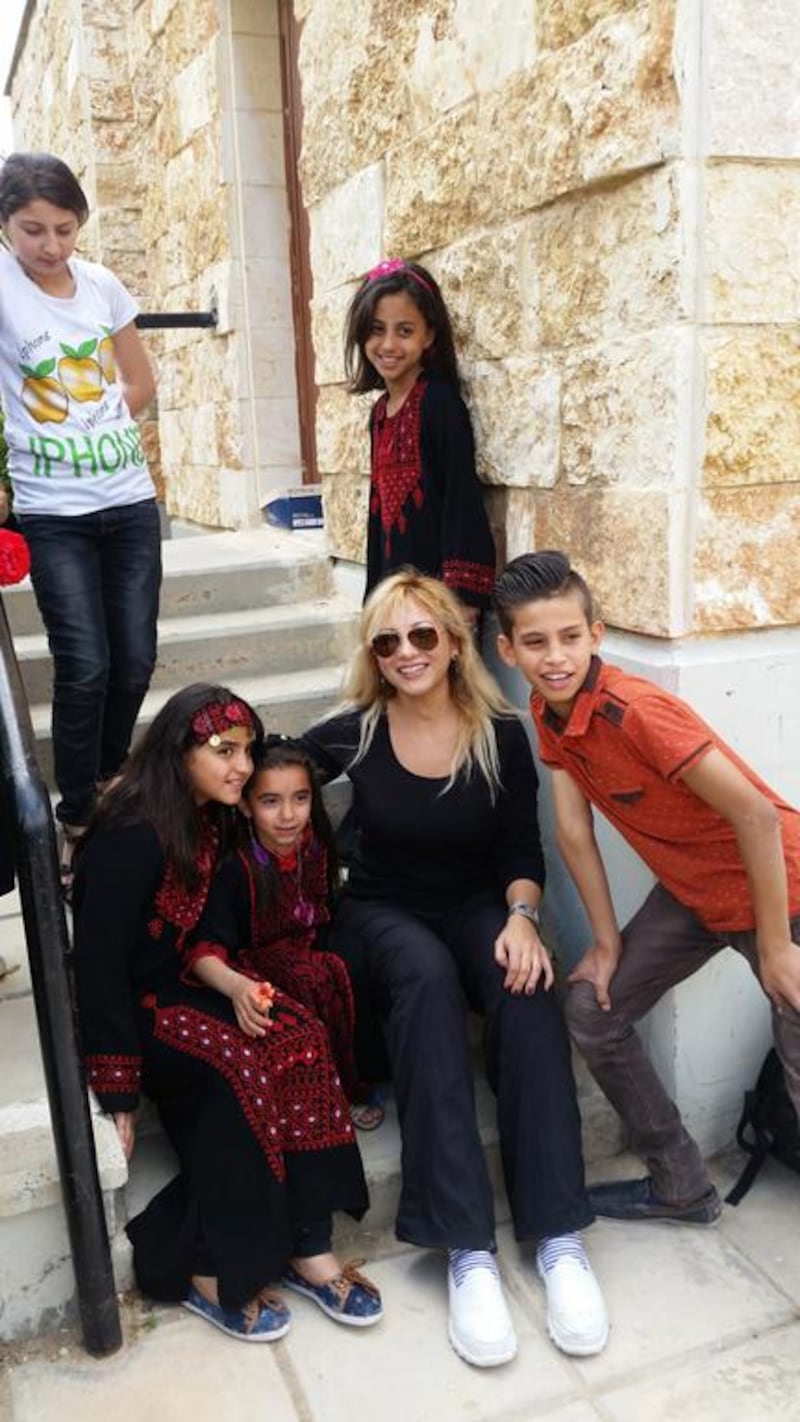Children for sale. However horrific that statement may sound, it has become a reality for many children from war-torn countries.
There have been plenty of reports about this topic, from refugee families selling their children out of desperation to cases of refugee children who lost their parents becoming targets of human trafficking, child slavery and black market organ donors.
Millions of children have lost their childhood, and not only do they have to live with painful scars of loss and fear, but their future is also bleak.
Colleagues in host countries told me they were approached by children offering themselves and their services for money, food and shelter.
“I clean for you car! I clean for you house, I do what you want,” one child told a friend of mine in Beirut. The child, a boy who was no more than 12 years old, was exhausted and malnourished. When my friend tried to give him money, he got upset and yelled at her that he was “no beggar”. He fought back tears as he started to wipe her car’s windows with a dirty rag. She let him finish and then only after he was done, he extended his hand for payment.
“It was then that my heart truly broke for him. He had more honour and pride than most adults I met,” she said.
No one wants to be humiliated. Everyone wants to be treated with dignity – a child is no different.
When images of children suffering and being abused become a typical story from a region that puts enormous emphasis on the importance of family, community and religion, then we truly are in trouble.
But if everyone pitches in, we can make a difference. I saw the impact of love and how powerful it is when I visited two SOS Children’s Villages in Jordan, one in Amman and one in Irbid.
This NGO’s approach to childcare is based on four simple principles: a child needs a loving mother or parent, their brothers and sisters, a safe home and a supportive community. Inside each home in the village is a mother who takes care of her own group of orphaned children. The attachment and the love between all the non-biological mothers and children was phenomenal and beautiful.
The group was founded by Hermann Gmeiner in Tyrol, Austria, in 1949. As a child welfare worker, Gmeiner saw how children orphaned during the Second World War suffered. He was committed to helping them by building supportive communities.
One of the most touching moments was when I wanted to distribute toys I had brought over from the UAE for the orphans. They would not just take them but instead they insisted I take the bag with me, home to home, so that they could pick them out with their brothers and sisters.
It is ironic that often those who have nothing are the most giving and the least selfish.
Besides the reward of seeing a child feeling safe, there is a bigger reward for helping the orphans.
“I and the custodian of an orphan are like this in Paradise,” said Prophet Mohammed as he joined his forefinger and middle finger together.
With Ramadan almost upon us, it is an important time to reflect upon yourself and your’s deeds, and be honest with yourself over when was the last time you truly gave from the heart without expecting anything back.
I learnt a valuable lesson from the orphans I met in Jordan, that heroes aren’t born with a special last name, they are made each day through love, dedication and belief in oneself.
So either be a hero to someone this Ramadan, or help someone become one.
rghazal@thenational.ae
On Twitter:@arabianmau





